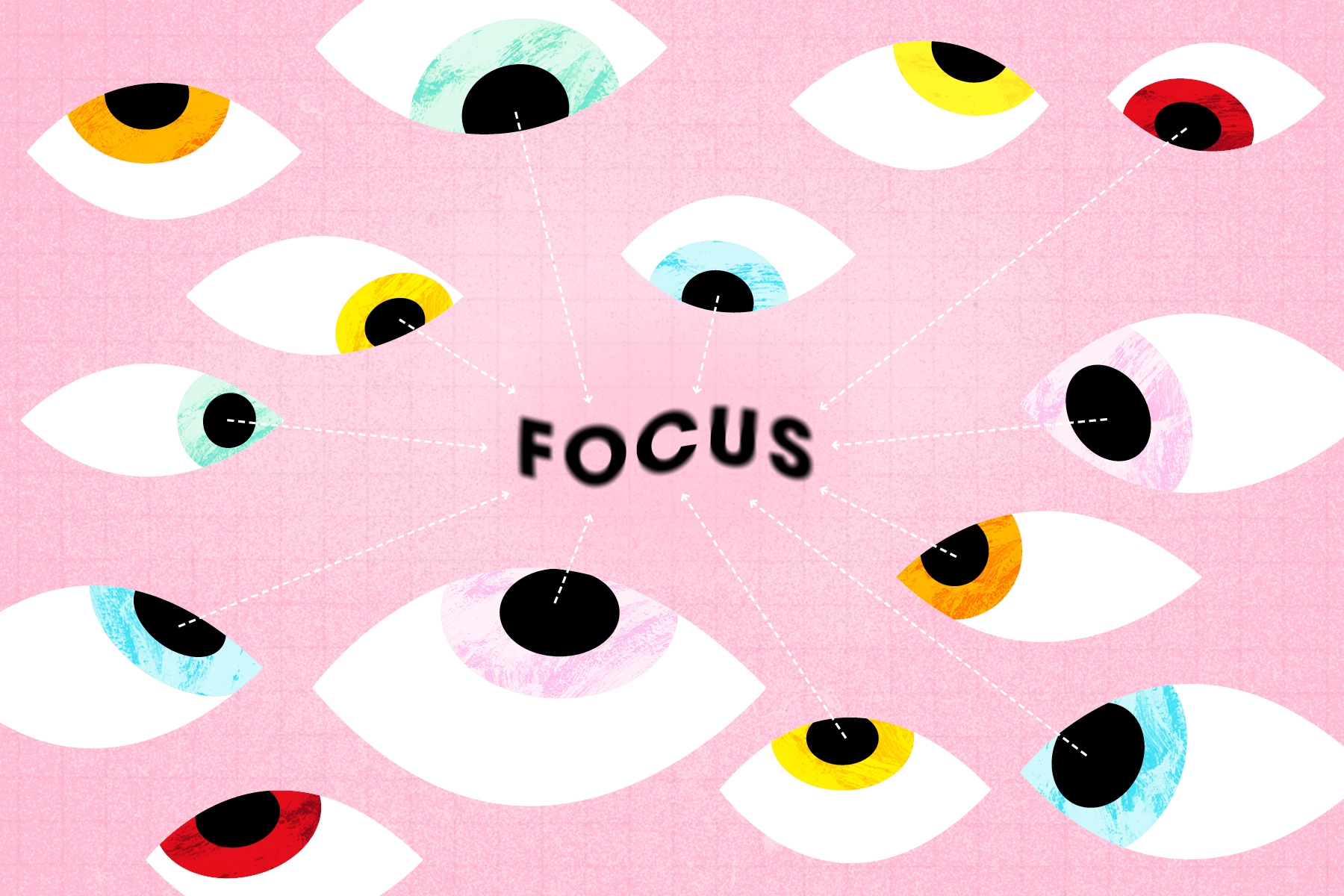
Gabor Maté
Praise for The Myth of Normal
Gabor Mate takes us on an epic journey of discovery about how our emotional well-being, and our social connectivity (in short: how we live), is intimately intertwined with health, disease and addictions ... This riv ...
Bessel van der Kolk, author of The Body Keeps the Score
Wise, sophisticated, rigorous and creative: an intellectual and compassionate investigation of who we are and who we may become
Tara Westover, author of Educated
A book literally everyone will be enriched by - a wise, profound and healing work that is the culmination of Dr Maté's many years of deep and painfully accumulated wisdom
Johann Hari, author of Stolen Focus
Gabor Mate takes us on an epic journey of discovery about how our emotional well-being, and our social connectivity (in short: how we live), is intimately intertwined with health, disease and addictions ... This riv ...
Bessel van der Kolk, author of The Body Keeps the Score
Wise, sophisticated, rigorous and creative: an intellectual and compassionate investigation of who we are and who we may become
Tara Westover, author of Educated
A book literally everyone will be enriched by - a wise, profound and healing work that is the culmination of Dr Maté's many years of deep and painfully accumulated wisdom
Johann Hari, author of Stolen Focus
Gabor Mate takes us on an epic journey of discovery about how our emotional well-being, and our social connectivity (in short: how we live), is intimately intertwined with health, disease and addictions ... This riv ...
Bessel van der Kolk, author of The Body Keeps the Score
Wise, sophisticated, rigorous and creative: an intellectual and compassionate investigation of who we are and who we may become
Tara Westover, author of Educated
A book literally everyone will be enriched by - a wise, profound and healing work that is the culmination of Dr Maté's many years of deep and painfully accumulated wisdom
Johann Hari, author of Stolen Focus
Books by Gabor Maté
Articles featuring Gabor Maté
Videos



